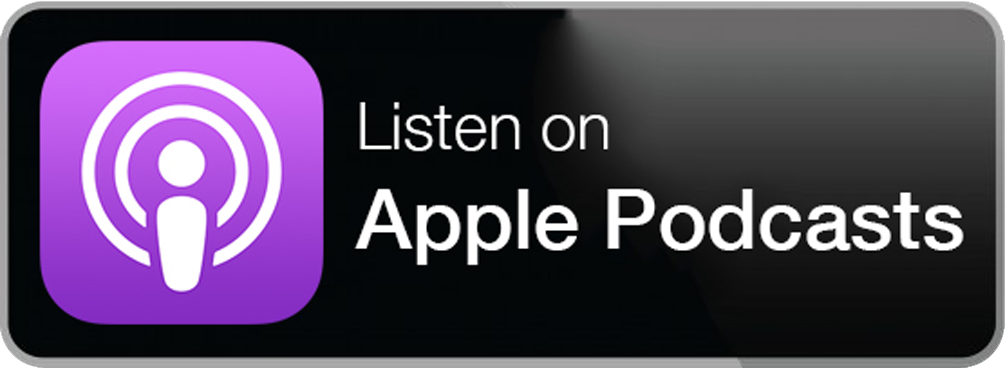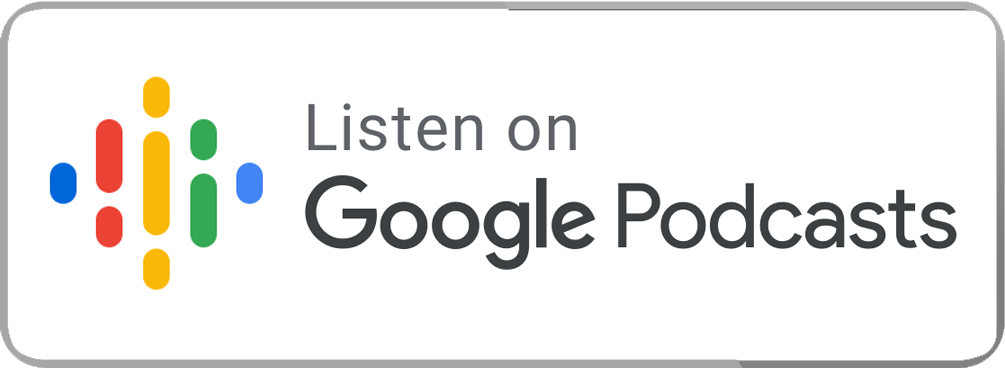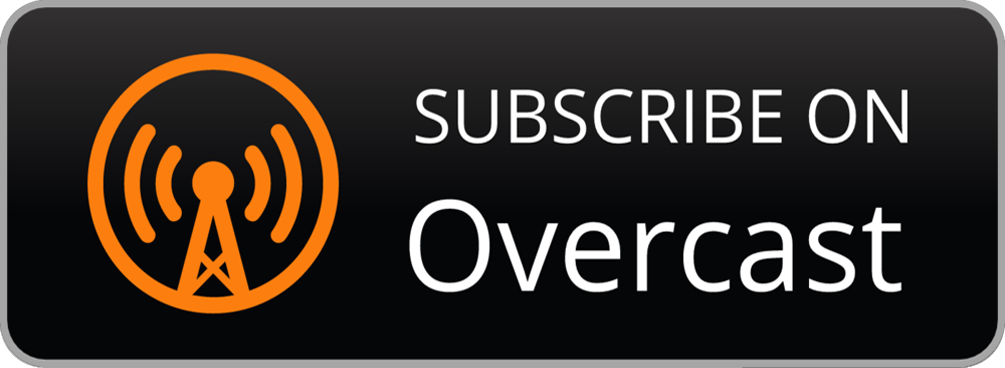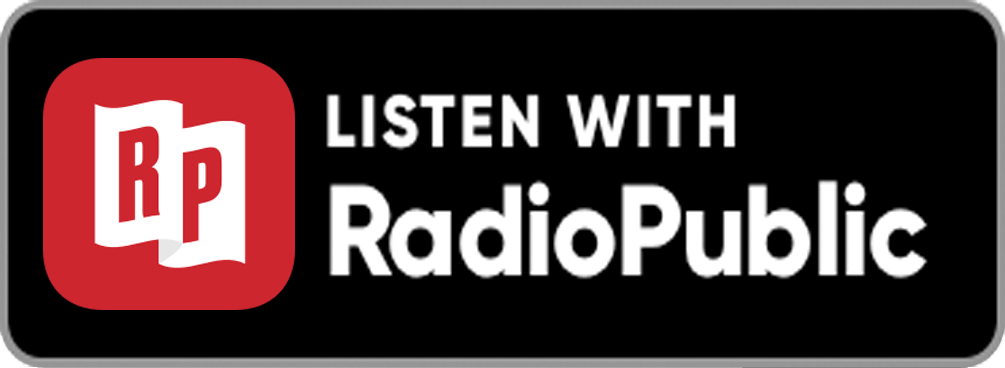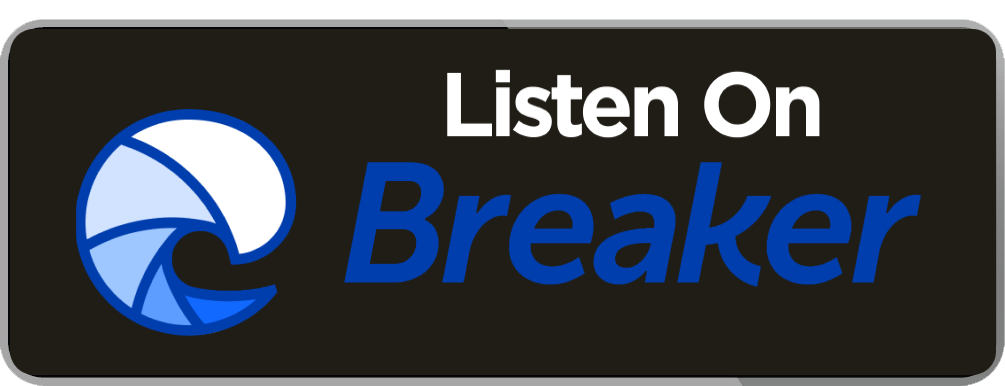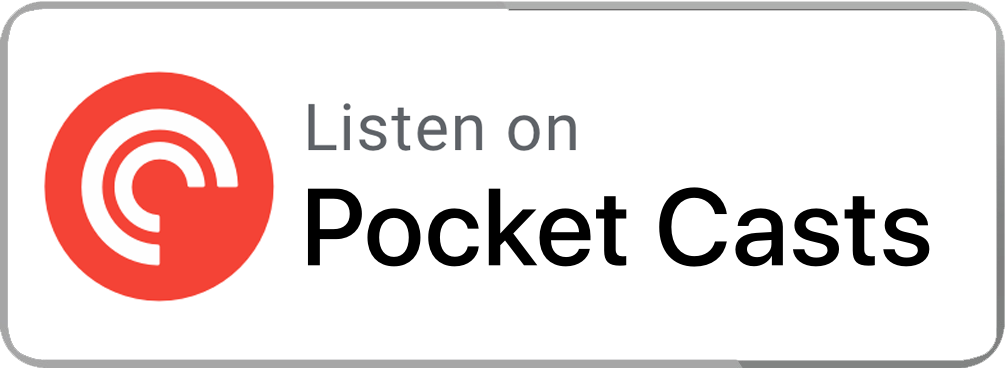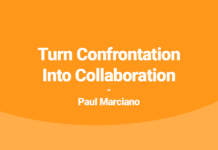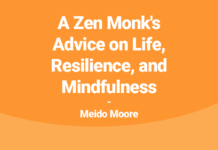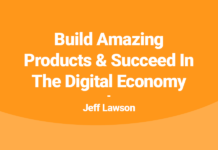Jon Gordon is the author of The Energy Bus, The Carpenter, Training Camp, The Power of Positive Leadership and his newest is The Power of a Positive Team: Proven Principles and Practices that Make Great Teams Great.
Audio Player
Transcript:
Kevin Kruse: Buckle up my friends because we got a wild show today. Welcome to the LEADx Leadership Show. I am Kevin Kruse. Welcome back. Thank you so much. I'm so grateful for your time and attention. Now, this is a crazy one. I'm going to interview someone. He's a repeat guest, well-known guest. He's sold over 3 million books, and you're going to have to hang onto the very, very end because you're going to hear me sort of thank him. You know the wind out where we wrap up the show, but then he started talking about such crazy stuff about launching a cookie company, and an apparel brand and all this other stuff. I started recording the interview again, and I brought them on. So you're going to hear us wind down the interview about his new book and then we're going to jump cut right into our conversation we were having about this crazy new chapter in his life. It's a lot of fun.
Now, before we bring on our guest and this crazy interview, our quote of the day, “Once you replace negative thoughts with positive ones, you'll start having positive results,” Willie Nelson. I've heard rumors that Willie Nelson might have another way to get rid of his negative thoughts, but maybe that's for another show.
Our guest today is the author of The Energy Bus, The Carpenter, Training Camp, The Power of Positive Leadership and his newest, The Power of a Positive Team: Proven Principles and Practices That Make Great Teams Great. Our guest, of course, is Jon Gordon. Jon, welcome to the show.
Jon Gordon: Great to be back.
Kruse: Yeah, I think you're not the first repeat guest, but we've only had three or four. I feel great that you're back. I mentioned in your bio you put out a lot of great books and today we're talking about your new one, The Power of a Positive Team. It's kind of a collection of different stories, a lot from sports, some from your own life, some history. What's the unifying theme throughout these stories?
Gordon: This is everything I've learned working with teams since I wrote The Energy Bus. So for the last 11 years, I've had the opportunity to work with some of the greatest teams, national championship winning teams, NBA winning teams, NFL teams. I've had the opportunity to work with these incredible teams, a lot of corporate teams, school teams, nonprofit teams, you name it. And this is what really makes great teams great. This is a framework on how to build a great team. On how to get a team to come together, be positive, united, connected, and then powerful.
Kruse: What's one of your favorite stories from the book?
Gordon: There's so many. It's hard to pick. I mean I really picked my favorite stories and put them in the book. But one that I love is Brian Bolin, who was the UVA tennis coach, University of Virginia, and from 2001 to 2012, they never won a championship. They would go to the semifinals, quarterfinals, or not even making it all, but they never won. And then from 2013 on they won four out of the five next championships. How did they do it? “Well,” he said, “I became a different coach. We became a different team.” He said, “I started to focus on culture. For years, it was all about winning and each guy was only focused on winning their match. It wasn't about the team. I knew I had to build a culture,”
He went out to build a culture. He focused on creating a culture. He got the guys together and he asked them, “Hey, who's important in your life? Who are the most important people in your life?” And they all said their family members. He asked them if they were a strong team and they said, “Yes.” He said, “Really, you're a strong team?” He said, “Do you know about each other's family members?” And they said, “No.” He said, “Well, if someone is important to you, shouldn't you know what's important to them? Shouldn't you know their family, if that's what's important to them?”
So they put their names in a hat and they each picked a name and they had to go find out about their teammates family. And in doing so they interviewed their family. They had to give presentations to the team. They shared about their teammate, they learned about their family, their teammates, and just so much. It was a lot of fun, and in doing that they really came together and connected as a team and they won a championship that year.
Kruse: It's amazing, and it reminds me. I was doing a speaking gig some years ago and had asked the people in the audience about the worst boss they ever had. And a woman yelled out, “I worked for him for 15 years, and he never knew the names of my kids.” And this was not in any of my work at that point. And I'm like, “Whoa. This is very personal. This isn't about recognition and trust and all the things I like to talk about employee engagement.” She's saying there's a caring component. There's caring about you as a person and when you care about someone as a person, you know what's important to them. And so that's a great story. A great reminder.
And this is a little off script, but I'm curious, you mentioned college sports, and I'm a basketball fan and, for listeners out there who maybe aren't into basketball so much, there's this phenomenon of one and done where very talented players go to college and join the basketball team because they have to, but after one-year they leave and go to the NBA. How do you build a great team when you've got superstars coming in and out on one-year basis? Can you build a team in just a year or what are your thoughts on culture in that timeframe?
Gordon: It is a lot harder to do that, but I'm amazed at what Coach Calipari does every year. He takes all these one and done's and get them to become a team, and you can see how these group of individuals become stronger and stronger and more connected and more committed over time throughout the year. Then by the time the tournament comes around, they're very competitive, but they're also very young and so a lot of times they lose to a more seasoned, more connected team.
So I worked with Billy Donovan a number of years ago when he was the coach at Florida and I shared with them a lot of the principles that are in this book, and he said, “You know, Jon, we're not as connected as other teams are or as we need to be. We always seem to get to the elite eight. We never are able to push through the final four. We need to be more connected.” So he really worked on connecting with his team like I've never seen a coach connect. He did. And from that time on, they made it to the final four that year.
That group of guys, not one guy was drafted in the NBA. Not one, and yet they'd beat Kentucky three times and made it to the final four. It was there that I wrote team beats talent when talent isn't a team, the more connected you are, the more committed you will be. So communication, connection, commitment, and caring. These are the C's, the four C's that really create a team to be stronger together. To be more connected and committed together. And in doing that, you just see how they perform at a higher level. I think the one and done, it's a lot harder to do it, but I think if you make the effort and you really work on creating a connection with the guys, you can do it. And I get called by a lot of these coaches wanting to talk about their teams and how do I get my teams more connected. It's one of the reasons why I wrote this book. Now, they're all reading this book and they have the blueprint on how to do that.
Kruse: So let's say someone listening on their way to work is a team leader of whatever the department is. They walk into the office today. What's something they can do to begin this process that you're talking about?
Gordon: Well, you can do what I do. You can connect with one person from your team in a meaningful way each day. One person every day on your team you connect with. It doesn't have to take a long time, but you connect with that person. You have a meaningful conversation. You ask them what's important to them, how they're doing. You get to know their kid's names, whatever it maybe you find a way to connect in a meaningful way. It could be five to ten minutes.
If you do this every day, you will be so much more connected to your team. They'll be more connected to you and together you'll perform at a higher level, and I share this with teams as well. If you have a large team, connect with someone from your team every day in a meaningful way, and the team will be more connected as well.
Kruse: Great advice, and I'm also always reminding the listeners that the stuff we talk about in a work setting or sports teams, it's family too, right? Family as team and just staying connected daily I think is great.
Gordon: I was on the Today Show actually with this book, talking about families about how you can become a stronger family with this.
Kruse: Yeah. Yeah, and we're here today talking about The Power of a Positive Team, but you mentioned in our pre-chat that you actually have another book that launched today. Tell us a little bit about that one.
Gordon: Yeah. This is the Hard Hat for Kids, and it comes out today actually. It just released today, and it's 10 Ways to Be a Great Teammate, and I wrote it for kids to teach these principles to young children so that they can begin learning what it takes to be a great teammate. It's getting lost as these kids get older with youth sports and clubs sports and every kid's going to be the next Tim Tebow, and the next Tiger Woods. And they have a private coach, and a private massage therapist when they're nine years old. It's getting to the point where it's very individual focus, but we have to remind kids and everyone that we are better together. And when we are part of a team, and we contribute to the team and me serves we, when me makes we important and contributes to the we, then we get better.
The team gets better and me gets better in the process. So the more I serve the team, I get better in the process. The more I am selfless, I actually improve and grow. There's a mindset that says, “You got to get yours. Go get your money. Go get your success. Go get what you're worth. Sign that big contract. Do whatever it takes for you.” And yes, there's a sense that we should be rewarded for our effort, our performance, and our skill. People should be, but at the same time, that's a byproduct. That happens when someone is using their gifts and their talents for the bigger purpose of the team and for others. So I found that those who serve the team, those who made the team better and get better are rewarded in that process,
Kruse: Love it. Jon, what's the best way for people to find out more about your work and also your new books, plural?
Gordon: jongordon.com or Twitter @jongordon11. Same thing with Instagram jongordon11 and I'm always sharing quotes and tips and so forth on there.
Kruse: Jon, thanks again for dropping your wisdom about the power of positive teams and I look forward to having you back a third time next year.
Gordon: Hey, thanks, Kevin. I'm honored that you asked me back.
Kruse: Thanks. So Jon, I just brought you back on because you were dropping some great, exciting news I didn't know about. You've launched a new brand.
Gordon: Yes. It's called Positive Brands actually, and it's a line of apparel we call it Positive Warrior. And the Positive Warrior's all about living with courage, with optimism, with belief and faith in doing good for others. So you're a positive warrior, you're making an impact, you're overcoming challenges with courage, but you're also making an impact in the world. So every week we choose a positive warrior of the week. We also have a Stay Positive brand where it's just reminding people to stay positive. And the funny thing is I wear these Stay Positive shirts all the time now in my talks and also in the airports. I get comments every single day from people just commenting on my stay positive fare. “I need that, man. I'm feeling down today.” Our whole goal is to share encouragement, share positivity with apparel. We also donate a percentage to charity as well. And I'm about the launch a cookie as well called the Positive Cookie.
Kruse: A cookie.
Gordon: It's a Positive Cookie. We share encouragement with the cookie. So again, not something I planned on doing eight months ago, I did not plan on this. I met an entrepreneurial couple and they wanted to do it and I wasn't sold on it like, “I don't want to get in the cookie business.” But when they say, “We want to do it to encourage people.” I'm like, “That's what I'm all about. I don't have a choice. I have to do this.”
And we've created an incredible tasting healthy cookie. Plant protein based, but it actually tastes good because a lot of those cookies don't. It had to meet the standards of “does it taste good?” Because I don't care how encouraging it is if it doesn't taste good, no one's going to share the encouragement. But everybody loves a good taste and cooking, and if you get encouragement with it, I imagine now, I imagine someone who is struggling and they're having a rough day and they open up one of these cookies and there's an encouragement inside the wrapper and they see that encouragement in the wrapper.
Kruse: This is all brand new, right?
Gordon: I haven't told anyone this is coming out very soon.
Kruse: So when it come out, I would go to a website, I would order and put a shipping address and then send them a positive cookie.
Gordon: You can send them a box of cookies. You can't just send one and there's going to be different quotes and different encouragement in each cookie. But we don't know which encouragement will be in each one, but everyone will have an encouraging message and then we'll also … We're talking to various stores now around the country about carrying it in their stores. So it's going to be exciting when they carry in their stores as well.
Kruse: Oh, I love it.
Gordon: Yeah, the idea is just to really make an impact to share positivity, one shirt, one cookie at a time is the idea. So two different brands, two different kinds of markets and companies, but one overall theme of sharing positivity.
Kruse: I love this and first of all, I'm jealous because now I want to launch an apparel company that has a message on a tee-shirt so I can go to business gigs in the tee-shirt and be real comfortable because-
Gordon: You could do that.
Kruse: On a serious note, another thing I like about this, I was just speaking to another guest about this is those of us who are writing books, doing talk shows, whatever. We're trying to make an impact and that is so important. I always say, “Life is about making an impact, not making an income.”
Now, oddly, the more of an impact you make often the more comes back to you anyway, but it's about making an impact, not making an income. Yet, in this world where we're fighting for attention, right? Whether it's from the iPhone or whatever it is, it's so tough to get positive messages out there and so you're doing it through your books. You're doing it through your talks, your websites, your Tweets. Well, this is another way to capture attention, whether it's on a shirt, in an airport or giving someone a shirt or a cookie. You're going to new places to get that attention and to get that positive message out there.
Gordon: I am and it's not easy. I mean it's a lot easier just to stick with what I know and what I do in terms of writing and speaking. The interesting thing is now I have a team with apparel and with cookie and so basically I'm literally having to now implement everything I wrote about with this team because it's a whole new world to actually launch a cookie. We're working with a food scientist. We're working with co-packers, we're working with a branding specialist, we're working with all of the different people in the supermarkets. It's a whole different world. I'm learning a lot, but it's not easy. It's a lot easier to stick to what you know. I'm also launching a training company where we take The Power of Positive Leadership and we're going to be equipping and training leaders around the world to be better leaders. So that's exciting.
Kruse: I just assumed you always had that on the back end.
Gordon: The training no, we just started that, so for years it was just me writing and speaking and that's it. It was books and speaking, and so now both my kids went to college, my son's a freshman now, and all of a sudden it's like boom, okay, what am I going to do? Well, I guess I'm now launching into this and it's a lot harder, but I feel called to do it. I think I'm supposed to do it. I didn't start it to try and make money. I don't need more money. I am doing it, as you said, I love what you said, it's about making an impact.
Kruse: That's right. And I had similar thoughts, LEADx, the company we're using IBM Watson to create a robot executive coach, so to monitor you and give you advice. Been working on it for two years now. And I had taken almost 10 years off, but when my two girls both went to college, it's like, “Okay, two of the three kids are out of the house.” My son's in high school, doesn't need dad a whole lot. And I'm not young but I'm young enough to maybe do this one more time. So I'm not the only one thinking to get more entrepreneurial as the kids are getting off to college. I like that.
Gordon: That's exciting. I love that, LEADx. Wow.
Kruse: This is going to sound really corny, but I've done a few training companies and it would have been the easiest thing in the world to say, “All right, there're some workshops or some eLearning. Here's the topic, go do it.” But some of the guests I've had on the show made an impact on me about picking not just an achievable goal or even a stretch goal, but like purposely picking a goal that you will fail unless you find a team and get help along the way. It has been time-consuming and expensive because we've been developing Coach Amanda with this AI. It's not an easy thing and we're just now going to market, just like you're getting ready to launch. So it's exciting, stressful, fun. All those things wrapped together.
Gordon: Yeah. I guess if we're not growing, we're dying so we might as well keep growing.
Kruse: There it is. Literally when your cookies go on sale, let me know, and I'll keep an eye on Tweets and stuff but let me know, and we'll blast it out to our readership. If it happens to be around the holiday time, I think people could use some encouragement around the holidays, and I'll make sure this is my go-to gift this year.
Gordon: That's our goal. That's our goal. Thanks, Kevin, I really appreciate you sharing.
Kruse: No problem. Thanks, Jon. We'll talk soon.
Gordon: All right.
- http://www.jongordon.com/ – Website
- @JonGordon11 – Twitter
- @jongordon11 – Instagram
- Buy his book, The Power of a Positive Team: Proven Principles and Practices that Make Great Teams Great


